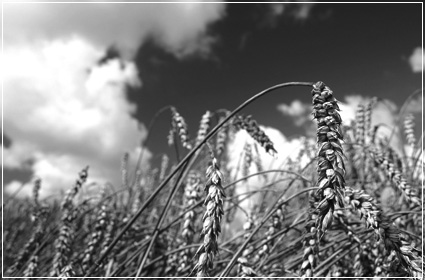projects » agriculture
Today, one in seven people do not get enough food to be healthy and lead an active life, making hunger and malnutrition the number one risk to health worldwide – greater than AIDS, malaria and tuberculosis combined.
(United Nations World Food Programme, 2010)
Village Foundations set up its first project in Ndanga Village which is situated in the Mulanje District in the Southern region of Malawi.
A total of 6.7 acres of land was identified and bought with the permission and approval of the Village Chiefs and the District Commissioner. The land cost just over £2,000. Surveys were done on the land to ascertain the quality of the soil and the availability of water. A brick walled compound was erected with the aim of ultimately putting up a building that could serve as an education training centre for rural villages.
 This building could also house a warehouse for harvested crops and tool storage, as well as an office to service the entire Project. This would be used by George Pamtunda, Project Manager.
This building could also house a warehouse for harvested crops and tool storage, as well as an office to service the entire Project. This would be used by George Pamtunda, Project Manager.
To date, limited training has been offered to local villagers in the area of crop production. Various crops have been planted and harvested, namely Maize, Cassava, Sweet Potato, Pigeon Peas, Ground Nuts, Sunflowers, Cabbage, Tomato, Paprika, Spring Onions and others.
The main challenge of the agricultural Project has been coping with the erratic rainfalls that are now commonplace in Malawi. Rain is normally expected in November and is hoped to last until February. However, some years rain does not arrive until late January/February so crops are scorched with the by the blazing sun and when the rains do eventually come, it may rain so hard that many of the surviving crops are washed away.
In order to begin to address this, large ditches were strategically dug to form a drainage system, which has yet to be formally evaluated. The next step will be to consider installing a suitable irrigation system to maximise the yield of crop and ensure year round harvest.
Any harvest will be used to feed those in need and sold at Market to raise funds to plough back into the Project so enabling self sustainability.
Education will be provided to the local communities to enable them to grow more diverse crops than the staple Maize and allow small scale business development at Household level.